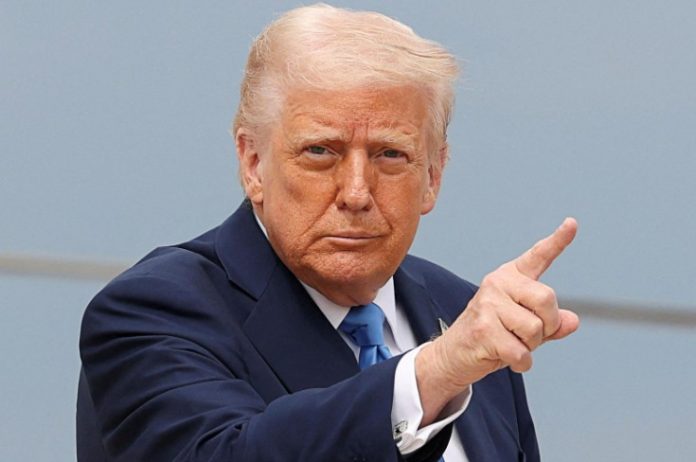Trump’s impending announcement on trade tariffs on the UK and Europe is here. Wasting no time, the tariffs will come into effect on the 5th of April, 2025. Trade tariffs will affect multiple countries, including the UK, Singapore, China, and the entire EU.
Read on for a brief overview of the imposed tariffs and explore whether they will affect trade between the UK and the EU.
An Overview of the Tariffs

It starts with a 10% base rate import tax on all foreign goods entering the US. Some countries will only pay the base rate tax.
Those countries include:
- United Kingdom
- Singapore
- Brazil
- Australia
- New Zealand
- Turkey
- Colombia
- Argentina
- El Salvador
- United Arab Emirates
- Saudi Arabia
There are also custom tariffs. Trump is punishing these countries because they have historically charged higher tariffs on US goods, and, generally, he said they have impaired the US economy.
The custom tariffs include:
- 20% for the 20%
- 54% for China (the hardest hit)
- 46% for Vietnam
- 36% for Thailand
- 24% for Japan
- 49% for Cambodia
- 30% for South Africa
- 32% for Taiwan
That’s the overview. It will harm trading agreements, trading routes, economies, and consumers. There will also be a 25% tariff on all foreign-made automobiles.
How Will It Affect EU Businesses?
The EU is less than happy, especially those heavily tied to US exports. Germany’s car giants or France’s luxury goods companies will suffer massively. A 20% tariff on their products is a massive cost increase. No doubt, manufacturers across Europe are now looking at the cost of doing business with the US and thinking twice.
And then there’s the supply chain chaos. Tariffs on goods mean parts crossing multiple borders suddenly cost more. A German engine shipped to Spain for assembly before heading to the US? That is three sets of tariff headaches.
Smaller businesses could be hit hardest. They don’t have the buffer to absorb costs or the power to renegotiate contracts. We expect job cuts, production slowdowns, and strategy changes.
Still, this is not all EU businesses – only the ones that rely on importing goods to trade with the US. Some EU businesses could actually benefit. With US goods facing barriers, local businesses can. European tech firms, for example, might see new interest from local buyers looking to dodge rising US import prices.
The truth is, it depends on the business you have and whether you’re involved with the US. Not everyone is panicking, but big brands definitely will. And the intricacies of paying Spanish tax will stay the same for individuals.
Will Trade Between the EU and the UK Change?

No, trade between the EU and the UK won’t change. If anything, it might strengthen. Despite leaving the European Union, trade links are still strong between the two. Recently, UK Prime Minister Keir Starmer was the first prime minister to join an EU meeting since Brexit, showing the relationship between the two is still strong.
If you own and run a business in the UK or EU and don’t trade with the US, you won’t be affected. Even if you sell services from a country like Spain, like online SEO and marketing services, to companies in the US, you won’t be affected.
It was import goods and taxes that were the issue, and taxes in Spain, capital gains tax Spain, succession tax Spain, and the general Spanish taxation rates will stay the same despite the announcement.
Whether Pedro Sanchez does anything to change that is another article altogether, he’s already on a mission to increase income tax Spain to combat the pension crisis.
So, Trump’s tariffs won’t affect trade between the UK and any country that isn’t the US. It will have a dramatic impact on EU-US trade, however. People are still questioning whether he will enforce the tariffs, but considering his D-day is only a few days away, we’d say it’s a hard yes.
Featured Image – Source



































